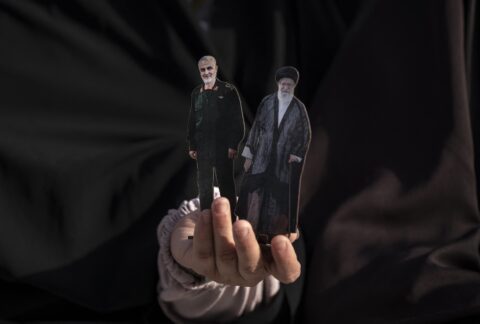U.S. 4th Fleet commander, Rear Adm. Joseph D. Kernan, talks about the fleet’s goals and objectives in the Americas. The U.S. 4th Fleet inherited a tough mission in Caribbean, Central and South American waters when the Navy re-established the command in April 2008.
Old Linkage, New Approach

February 11, 2009








